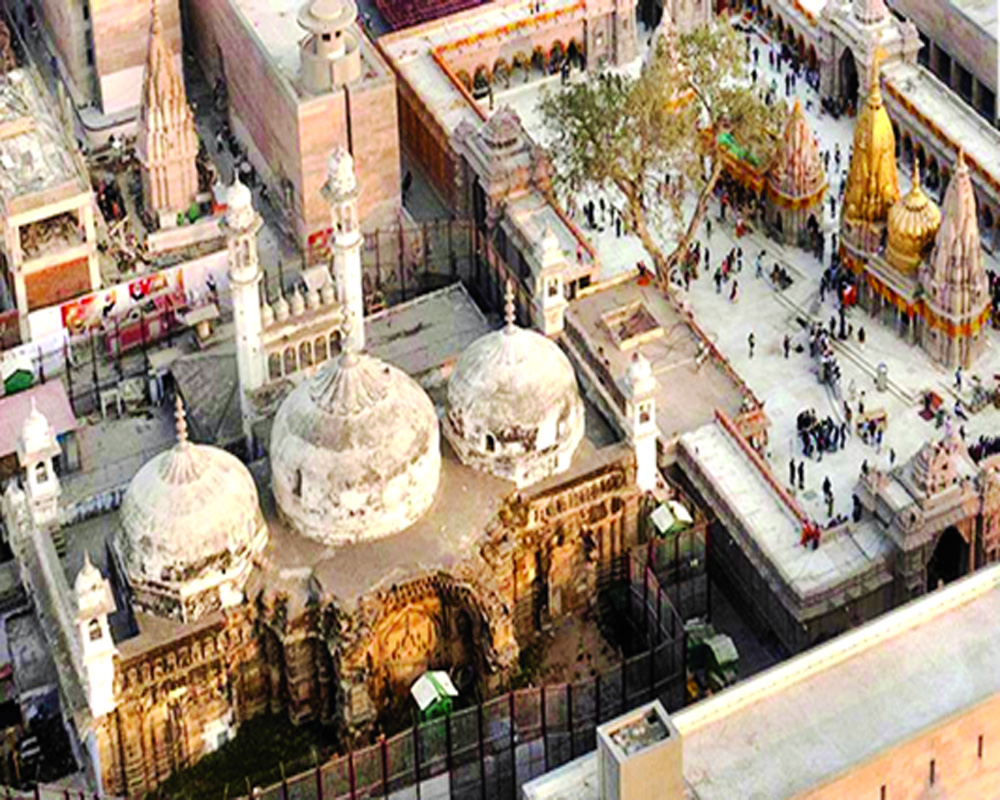In a significant development in the Gyanvapi case, Judge Yugal Shambhu has rejected the appeal filed by the Hindu side in the lawsuit between the self-styled idol ‘Adi Vishweshwar’ and the Anjuman Intezamia Committee. The decision pertains to the 1991 lawsuit in the Varanasi court.
Vijay Shankar Rastogi, the ‘friend of the petitioner’ representing the Hindu side, expressed his dissatisfaction with the court’s ruling, stating, “We will appeal against this decision in the High Court.”
Rastogi further clarified that their side had requested an additional survey, which has been dismissed by the court. “We had argued that the earlier survey was incomplete, as it was conducted solely by the Archaeological Survey of India (ASI) team.
The order originally mandated a five-member team to carry out the survey. This court has disregarded all aspects of our plea and has violated the order of the High Court. Now, we will approach the High Court for further redressal,” he added.
The case remains a focal point of tension, with both sides preparing for further legal battles in their pursuit of justice.
The Hindu side’s submission came in response to the arguments presented by the Muslim side, the Anjuman Intezamia Committee. The Muslim side argued that another survey was unnecessary, as the ASI had already conducted one previously.
They questioned the validity of conducting an additional survey while the Hindu side has appealed the case in higher courts, including the Allahabad High Court and the Supreme Court.
The committee’s lawyers also expressed concerns about the practicality of excavation, stating that digging within the mosque premises could cause significant damage.
The dispute centers around the Gyanvapi complex, where the Hindu side claims that the original location of a ‘Jyotirlinga’ lies beneath the dome of what they believe is a mosque. They argue that water from the sacred ‘Argha’ once flowed into the Gyanvapi Kund, a site believed to bestow knowledge upon pilgrims.
The Hindu side has demanded an investigation by geologists, water engineers, and archaeologists to examine the water source and determine its historical significance. They have also called for a thorough analysis of the structure identified as a ‘Shivling’ within the Gyanvapi complex, which the Muslim side refers to as a fountain in the ‘wazukhana’.

























